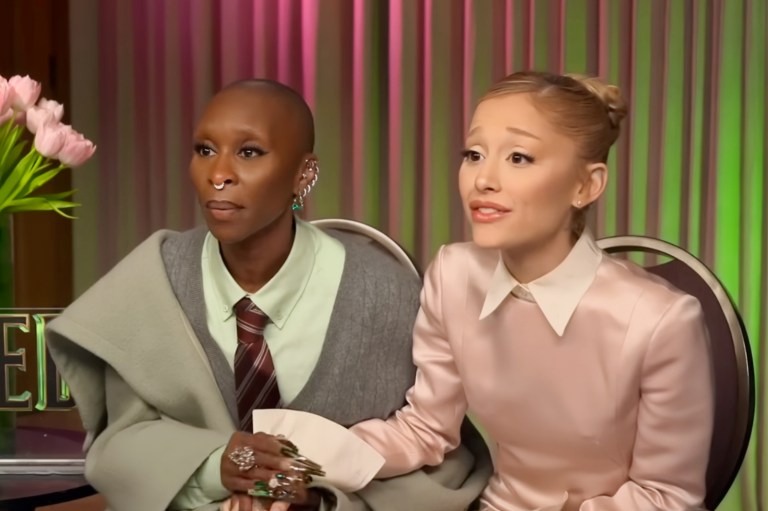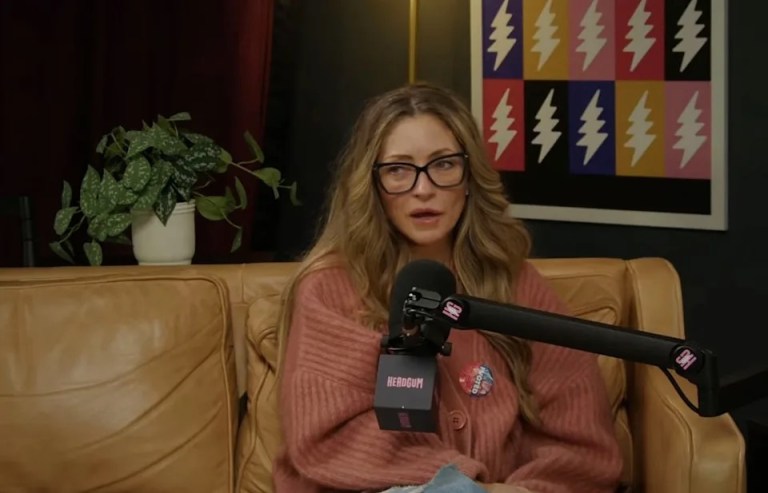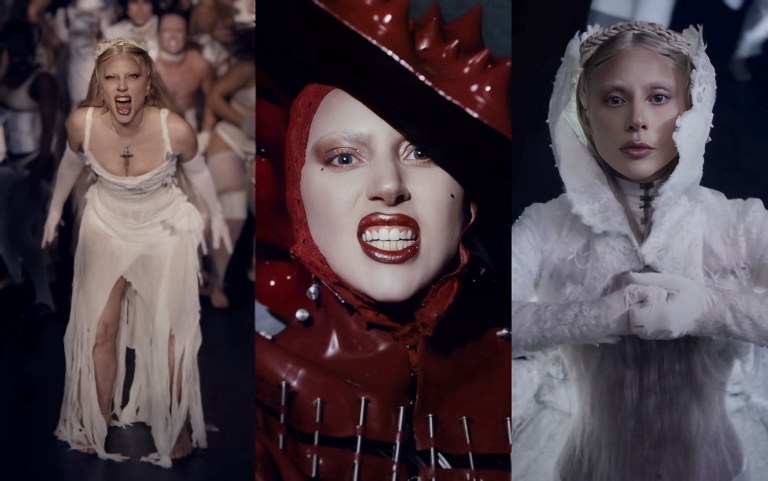
Finding A Path Forward – One Comedian’s Journey With HIV
By ![]() James Tison
James Tison
The great Joan Rivers once said, “Life doesn’t get better; YOU get better.”
She probably followed it up with something viciously offensive about Elizabeth Taylor’s weight, but the wisdom still stands. This week marks the 9-year anniversary of Joan Rivers’ death. As a comedian (and a queer one at that), I have long looked to Mother Joan for strength and fortitude.
Especially when I tested positive for HIV in 2016, I found myself regularly watching her stand-up, as well as the 2010 documentary that follows her comeback after years of rejection and failure.
Seven years out from my diagnosis and nine from her death, I like to think that HIV and Joan Rivers have a lot in common. For starters, they were both big hits with gay men in the 80s! (Don’t get mad. Joan would have loved that joke, and gay men in the 80s would have, too, for that matter).
More importantly, Joan and HIV have both taught me that Capital-L “Life” can feel inconceivably tragic in the short run, only to end up being bombastically hilarious in the long.
Let’s face it: bad things happen to all of us. There are universal events in the shared human experience that pop up just to shoot you down. You get fired. Your parent dies. Your house burns down. You turn 36 and you’re still not where you want to be in your stand-up career and one of your peers just got a Late Night gig and you’re happy for them but also dear god why not me??? You know, universal human experiences!
If you’re like me, your brain is wired to go straight to a cycle of despair and catastrophization. When something even mildly bad happens, my demons start singing a 4 part harmony called “Everything’s Over (And It’s Your Fault, You Dumb Idiot)!” It’s pretty catchy.
The day I got my HIV diagnosis in 2016, that’s exactly how I reacted.
I went in for routine testing at the free clinic and when the rapid test showed that I was HIV positive, I was stunned. Like, shell-shocked-and-hearing-a-high-pitched-noise-in-a-WWII-movie stunned.
The nurse immediately started explaining that “there’s a state program that’ll pay for my insurance” and how “HIV isn’t a death sentence anymore” and blah blah blah. I wasn’t listening. I was running Terms of Endearment scenes on loop in my head (“It’s after ten! GIVE MY DAUGHTER THE SHOT!”) and hearing my mother’s words from when I came out to her as gay in 2003 (“I just don’t want you to get sick!”). I was blindsided.
Life was at its worst, and it felt entirely by my own doing.
Yet somehow… it also wasn’t over. The nurse was right that a state program would pay for my treatment and insurance. Health insurance helped me get therapy, which helped me get sober for 4 years, which helped me double down on my dreams and my personal health. I was Undetectable within months and have had zero health complications in the years since.
But I’m a comedian. Never content to be content, I started doing something that is probably a little sick… I started doing stand-up about my HIV. And what’s worse; it worked.
I can’t describe to you how much fun it is to toy with audiences’ fears and expectations around the subject. People today are just as ignorant as I was in 2016 about all the health breakthroughs, and it tickles me to no end to simulate those highs and lows with an audience (and, most importantly, get laughs).
Building that set was the first breakthrough for me in terms of learning how to write material that connected with audiences. Since then, I’ve been gigging consistently for five years throughout the country and I filmed my hour earlier this year. That hour got me a stand-up agent, and now I’m prepping to enter the college market to take my act on the road. I’m not nearly as successful as I want to be (CUE THE COMPARE-AND-DESPAIR THOUGHT LOOPS), but I’m edging ever closer to the life of a working comedian. And I truly don’t think I would be here without the alleged tragedy of that initial HIV diagnosis.
I re-watched the Joan Rivers documentary last night for the first time in a few years to prepare for this article. I know pretty much every word to this doc, and yet I am still struck by the cycles this woman goes through on her path to success. This film shows a 75-year-old legend who has made millions off her art form, but she is constantly plagued by depression, insecurity, compare-and-despair, anger, and self-loathing.
I am not fixed. My reactions to Life are still so much worse than most of the things that Life actually throws at me. But I am once again reminding myself (and hopefully others in the process) that “getting better” isn’t about how often you fall into a funk of maladaptive reactions. Getting better is about how often and how quickly you can snap yourself back out of them.
I’ll continue snapping out of my funks, and so will you. It’s what Joan would do.











